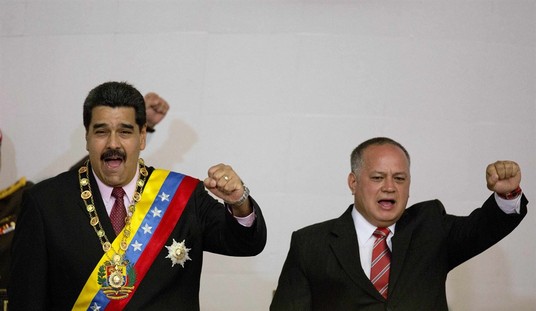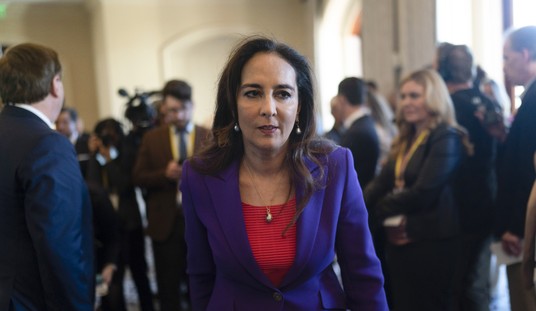The Jewish Institute for National Security Affairs kindly invited me to become a Visiting Fellow. Below is an excerpt of my first work product for JINSA.
The Obama administration is baffled by the Egyptian government’s response to the Sept. 11 attack on the American embassy in Cairo. It took President Mohamed Morsi two days to denounce the assault on the embassy, and even then he placed the blame on a hitherto unnoticed clip posted on YouTube rather than on the attackers. For two days after the flag-burning, Egyptian security was absent while demonstrators threatened the embassy. “A single security vehicle was imaged making an occasional and completely feckless foray through the gathering area, during the early morning of 13 September in Cairo. No Egyptian police or military or other security personnel were present,” the Nightwatch letter observed Sept. 13. The Muslim Brotherhood called for mass protests against the Youtube clip, albeit “peaceful” ones.
Morsi’s behavior raises questions about Egypt’s governability. On the face of it, his actions seem puzzling. Washington has done everything possible to reach out to the Muslim Brotherhood. It called loudly for Hosni Mubarak’s resignation when protests erupted in early 2011. It invited Brotherhood representatives to the White House last April, before Egypt’s presidential elections. It backed Morsi’s August 12 cold coup against the Supreme Council of the Armed Forces and the firing of Gen. Tantawi and the old guard of the Egyptian military, and embraced Tantawi’s successor Gen. El-Sisi, a Brotherhood member.
The White House said nothing when Morsi traveled to Iran in late August, breaking Iran’s diplomatic isolation, believing (as the Council on Foreign Relations’ Steven Cook put it) that Morsi would be a “better interlocutor” between Washington and Tehran. And it offered $1 billion of American aid, in the form of loan forgiveness and new credits, as well as backing for a $4.8 billion loan from the International Monetary Fund. Secretary Clinton Sept. 13 bent over backwards to placate Islamist sentiment, calling the YouTube video “disgusting and reprehensible.”
Indeed, the Obama administration is so deeply invested in the notion that the Muslim Brotherhood embodies the future of Islamic democracy that the imagination strains to identify a circumstance that might persuade the White House to abandon its support for the new Egyptian regime. The loyalty that President Obama and Secretary of State Clinton evince for the Muslim Brotherhood recalls the zinger that concludes “Some Like It Hot,” when Joe E. Brown tells a drag Jack Lemmon, “Nobody’s perfect.”
Why, then, would President Morsi bite the hand that is trying to feed it? His undisguised contempt for American perceptions and neglect of diplomats’ security are a profound embarrassment to the White House, and fodder for Obama’s opponent in the presidential election. Morsi has made it harder, if not outright impossible, for Obama to deliver the proffered aid package, which Egypt desperately requires.
The answer well may be that no one can govern Egypt. Even Islamists have to eat.
Read the whole essay here.










Join the conversation as a VIP Member